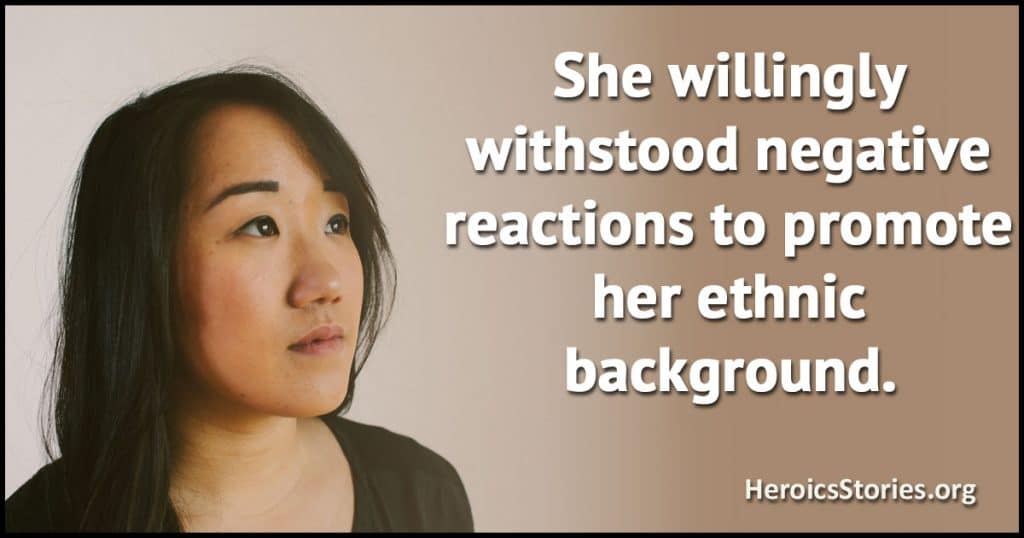by Kenneth Biegel
Niiza, Japan

Usually our given names do not have a great impact on our lives. If I were named “Kent” instead of “Ken”, I doubt my life would be different. My wife, Sookja, is a second-generation Korean-Japanese. For her, choosing the way to pronounce her name has had a significant effect upon her and the way she has been viewed by others.
In the early years of the 20th Century, Korea became a Japanese colony and remained so until the end of the Second World War. During this time, Sookja’s parents moved to Japan. They, like all Koreans living in the Japanese empire, were forced to “Japanize” their names. This meant using the Japanese reading of the Chinese characters written for their names.
After the war, most Koreans living in Japan continued to use the Japanese reading. Some did so out of habit, but most did so because Korean-Japanese have not been treated as equals by many Japanese. As with ethnic minorities elsewhere, they have faced varying degrees of economic and social discrimination. I do not want to criticize the actions of some Japanese, I just want it to be understood why some Korean-Japanese would choose to de-emphasize their Korean ethnicity.
Sookja was born in Osaka, Japan. Even though she grew up in a predominantly Korean section of Osaka and attended a Korean school from primary through secondary school, she felt uncomfortable with her Korean heritage. Except while at the Korean school, my wife used the Japanese reading of her name. In Korean her name is “Sookja”, but it is pronounced “Yoshiko” in Japanese. While she attended a Japanese college, she used the Japanese and never said she was Korean. She continued this practice after she graduated and started working. Her family and most of her Korean-Japanese friends did much the same thing.
When she was in her mid-twenties, she became a fan of David Bowie. The reasons for this, however, went beyond the music. There was something about him that made her realize if you really want to be yourself, you shouldn’t worry about what other people think. This seemingly simple insight influenced my wife in a very positive way. She finally understood it was all right to be a minority.
Gradually, she stopped using the Japanese reading of her name. At first, this caused a lot of anxiety since several people quit associating with her. Perhaps they were prejudiced, or perhaps they felt she had deceived them into thinking she was Japanese. Even though she lost some friends, she gained a more positive and confident attitude.
Her choice to use her Korean name has been painful at times, but it has helped some of her Japanese friends to realize that ethnic background does not determine the quality of a person. I think Sookja is brave to use her Korean name since she willingly withstood negative reactions to promote her ethnic background. But even better, her action has influenced several of her brothers and sisters to use their Korean names too.
Podcast: Play in new window | Download (Duration: 4:28 — 3.6MB)

